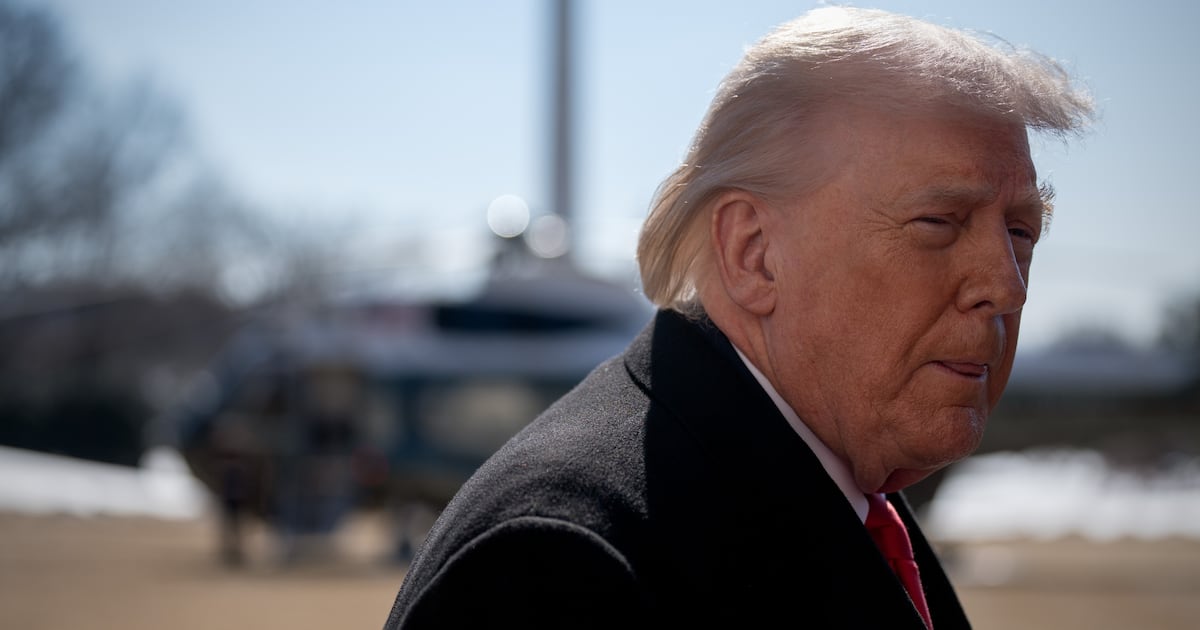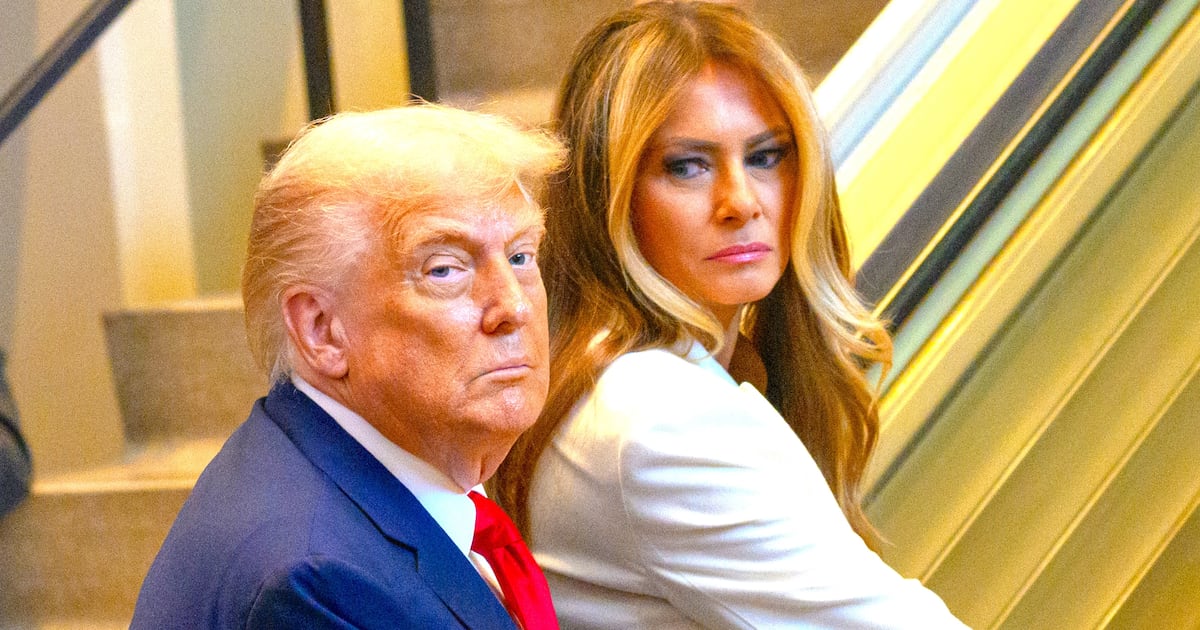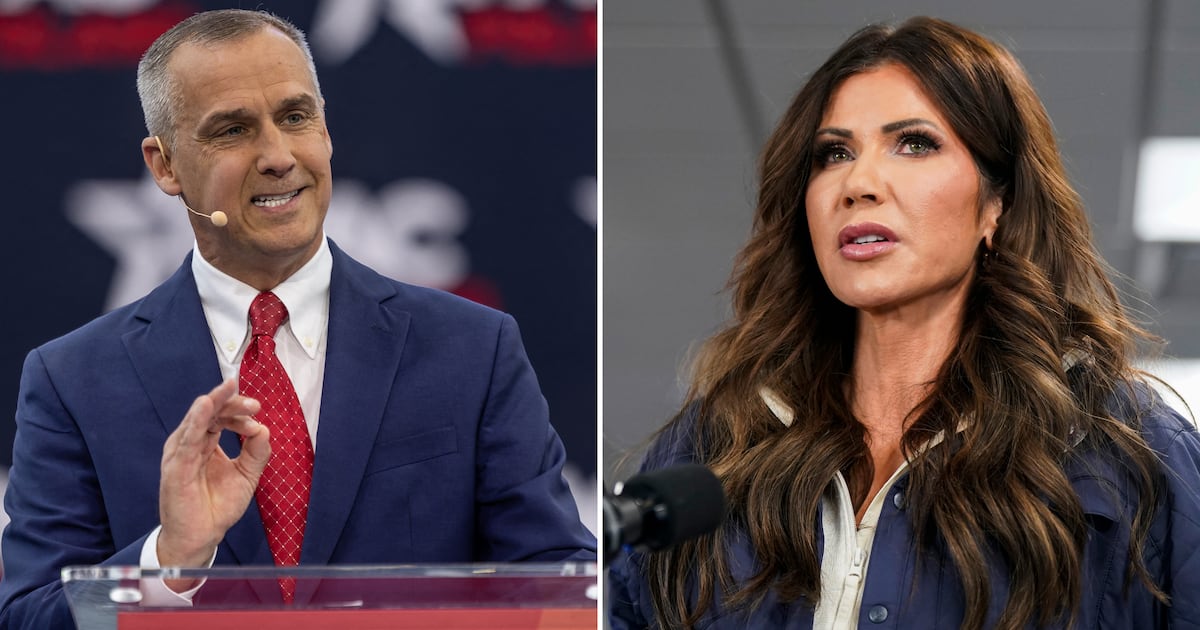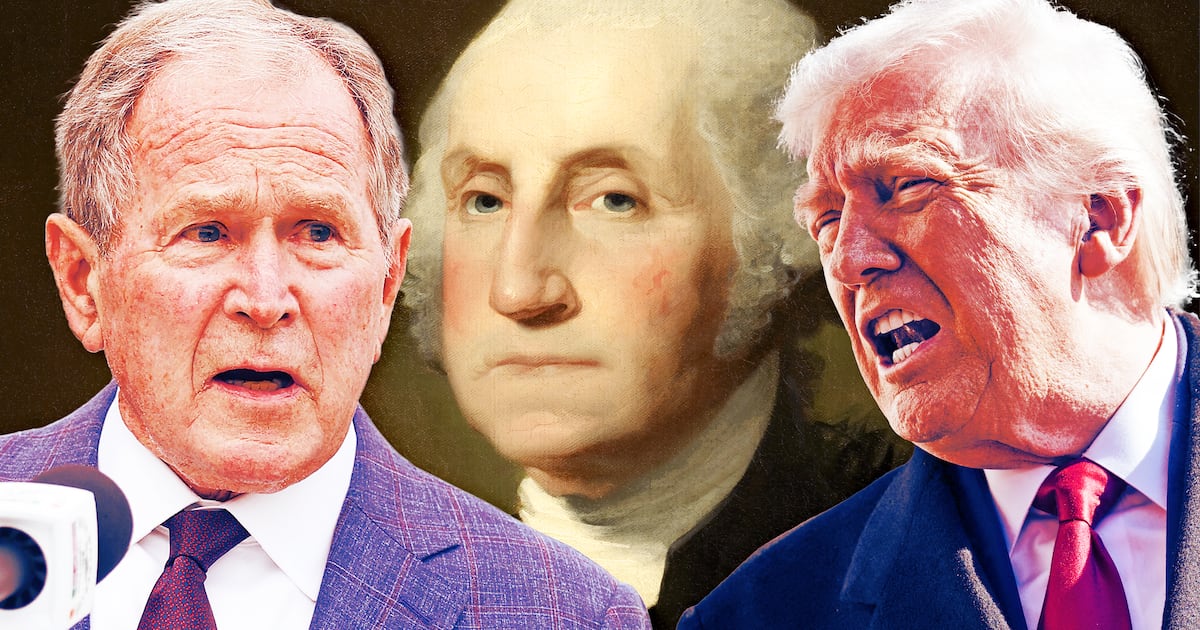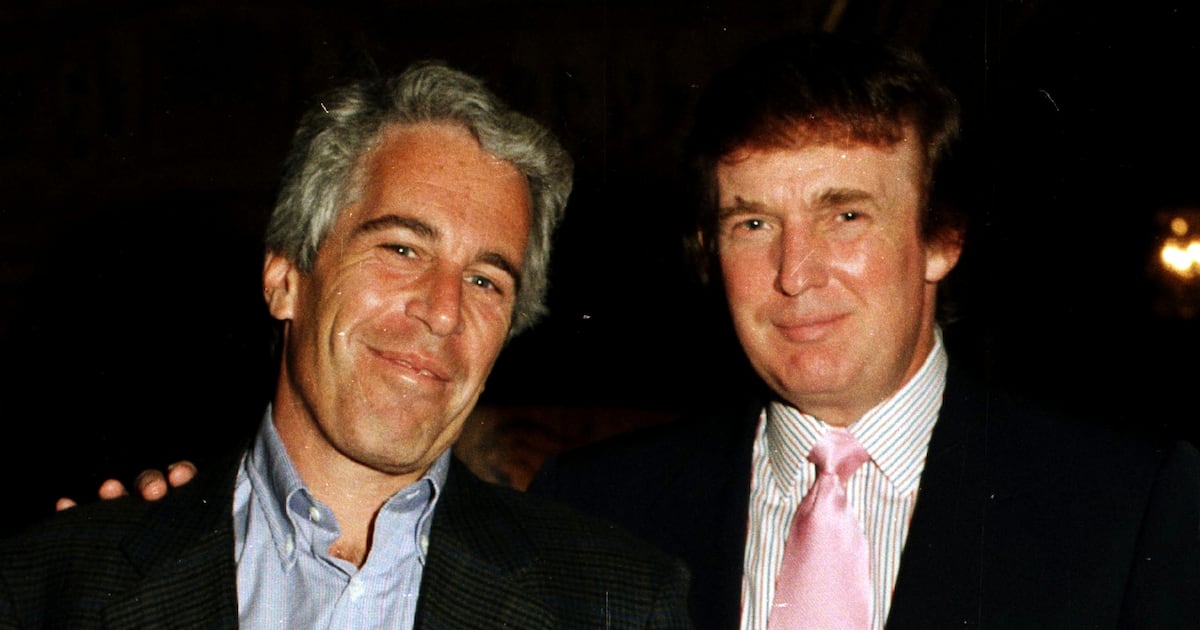The United States is the only country in the world that elects its prosecutors. While this practice may seem benign and democratic, it is anything but, with disastrous consequences for justice.
That’s because elections affect how prosecutors behave, and not for the better. Prosecutors are not like ordinary lawyers who represent the interests of a single client. Instead, prosecutors are meant to balance the public’s interest in prosecuting criminals with the public’s other interest in fairness. Yet when running for reelection, prosecutors become overly pugnacious, sacrificing fairness—which does not play well at the polls—for convictions, which do play well.
One recent study (PDF) determined that the electoral “tough on crime” mantra emphasizes “wins,” even if the “wins” lead to over-punishment or injustice. For example, the disciplinary commission report (PDF) that sanctioned Michael Nifong—the district attorney who prosecuted Duke University lacrosse players on false rape charges in 2005—noted his upcoming primary as a motivating factor for his misconduct. The pressure to produce wins has led to a “win-at-all-costs” mentality in some offices, because voters reward such behavior.
Moreover, elections provide structural incentives for district attorneys to bring more cases to trial and seek longer sentences for prisoners, which in turn feed the crisis of mass incarceration. A prosecutor is nearly 10 percent more likely to take a case to trial, rather than seek a plea bargain, in the year before he or she runs for reelection, according to a recent study. If the prosecutor is running in a contested election, the odds increase another 15 percent. Elections tip the balance too far in the direction of incarceration.
And then there’s race. As reported in last week’s installment of Out of Order, 95 percent of the nation’s elected prosecutors are white, in part because voting districts for prosecutors do not take race into account. As a result, non-whites who bear the brunt of criminal prosecution are permanent minorities in many of them. In addition, “tough on crime” election messaging often includes coded racial language meant for white voters’ ears. Electing prosecutors amplifies our country’s racial divides and erodes confidence in the impartiality of the judicial system from those who are most affected.
If electing prosecutors is so bad, why do we do it?
As with many problems, it began with the best of intentions. The election of prosecutors originated in the early 19th century in tandem with the trend toward electing judges. Reformers at the time hoped that placing as many offices as possible in the hands of the people would give citizens greater control over government and prevent the creation of a permanent political elite. Consequently, to a degree unknown in other democratic systems, the American electorate votes for a huge number of local offices: coroners, sheriffs, clerks of courts, auditors, commissioners of public utilities, public university officials, and more. Only five states do not elect prosecutors.
Today the system has fallen apart. Incumbent prosecutors win reelection an 95 percent of the time—a rate that would make even members of Congress jealous—for the simple reason that they frequently run unopposed. (One study found that prosecutors run unopposed 84 percent of the time, a number far higher than state legislative races.) It is easy to see why: Challengers come from the same local pool of criminal attorneys. About 20 percent of challengers in contested elections for district attorney work in the prosecutor’s office and run against their boss. Most of the other challengers are local criminal defense lawyers who have to cooperate with the district attorney in plea bargaining or face him or her in court. In either case the costs of losing a race against a prosecutor are high.
Consider St. Louis County prosecutor Robert McCullogh, who ran unopposed for reelection of even though he had a long history of questionable conduct even before failing to secure an indictment of Darren Wilson. Even if the 70 percent white voters in St. Louis County would consider voting him out, McCullogh is too powerful to challenge. Combined with prosecutorial immunity and the lack of oversight, uncontested elections enable “bad apples” to stay in power.
To fulfill the 19th-century rationale for elections, voters would have to be far more informed about prosecutors than they actually are. For example, prosecutors running for office frequently tout their conviction rates, but this number is easily manipulated by dropping charges or settling cases through plea bargaining. (Over 95 percent of convictions on the state level are reached through plea bargains.) And unlike presidential or congressional elections, voters often have very little information about the merits of different candidates. Most elected prosecutors are partisan offices, yet the “Republican” or “Democratic” label next to the name says very little about the temperament, ability, or philosophy of the officeholder.
There are better alternatives to elections. For example, prosecutors could be career civil servants, as they are in most developed countries, with promotions based on merit and seniority. This would provide an opportunity for review, and end the “tough on crime” grandstanding typical of prosecutorial elections. Even elected prosecutors could be held accountable by informed, independent review boards, rather than by uninformed voters.
The reasons for our country’s mass incarceration crisis are many, but ending prosecutorial elections—and thinking of real ways to hold prosecutors accountable—would go a long way to achieving a fairer, more democratic criminal justice system.


